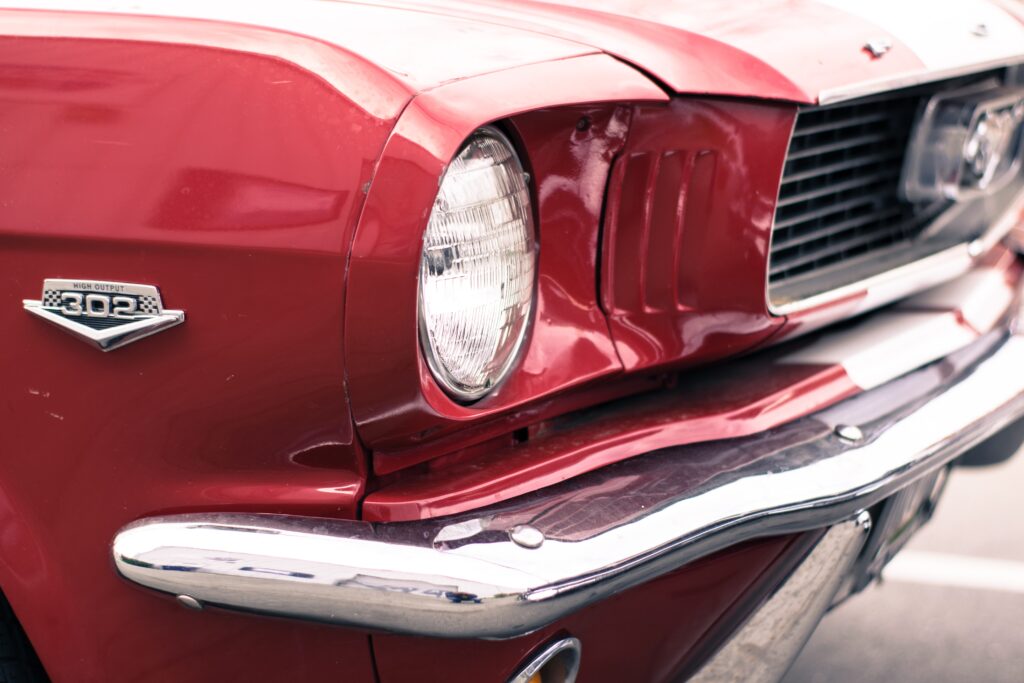Understanding the ROI in Classic Cars: A Guide for Investors.

What is ROI and How Does it Apply to Classic Cars?
ROI, or Return on Investment, is a crucial factor to consider when investing in any asset, including classic cars. ROI refers to the percentage of profit earned on an investment relative to the amount of money invested. In the context of classic cars, ROI is determined by the difference between the purchase price and the eventual selling price, after accounting for any expenses incurred during ownership.
Factors That Affect ROI in Classic Cars
Several factors can influence the ROI in classic cars, including rarity, condition, age, and historical significance. Rarity is a significant factor, as limited production models or those with unique features tend to appreciate in value faster than more common vehicles. The condition of the car is also essential, as a well-maintained and restored classic car will command a higher selling price than one in poor condition.
Age can play a role in determining the ROI in classic cars, as vehicles from certain eras are more desirable than others. For example, cars from the 1960s and 1970s are often sought after by collectors, driving up their value. Historical significance is another important factor, with cars that have a unique backstory or association with a particular individual or event often commanding higher prices.<H2> Tips for Maximizing ROI in Classic Cars </H2>
Investing in classic cars can be lucrative, but it’s essential to do your research and make informed decisions. Here are some tips for maximizing ROI in classic cars:
- Research the market to identify trends and determine which models are likely to appreciate in value.
- Purchase a car in the best possible condition, as restoration costs can eat into profits.
- Keep maintenance and repair records to demonstrate the car’s history and increase its value.
- Consider investing in a professional appraisal to ensure you’re paying a fair price for the vehicle.
- Avoid overcapitalizing on upgrades or modifications, as these may not increase the car’s value enough to justify the expense.
In conclusion, investing in classic cars can be a profitable venture, but it’s essential to understand the factors that affect ROI and make informed decisions. By researching the market, purchasing a well-maintained vehicle, and keeping detailed records, investors can maximize their returns and enjoy the unique pleasures of owning a classic car.






